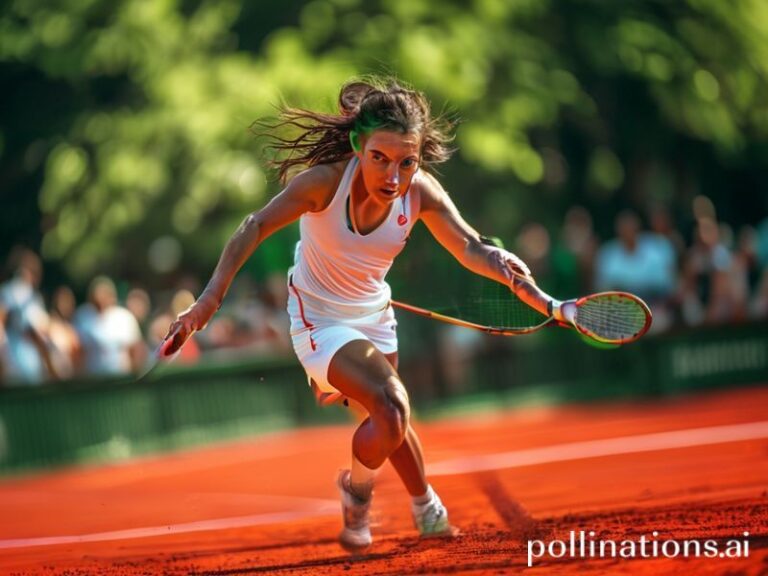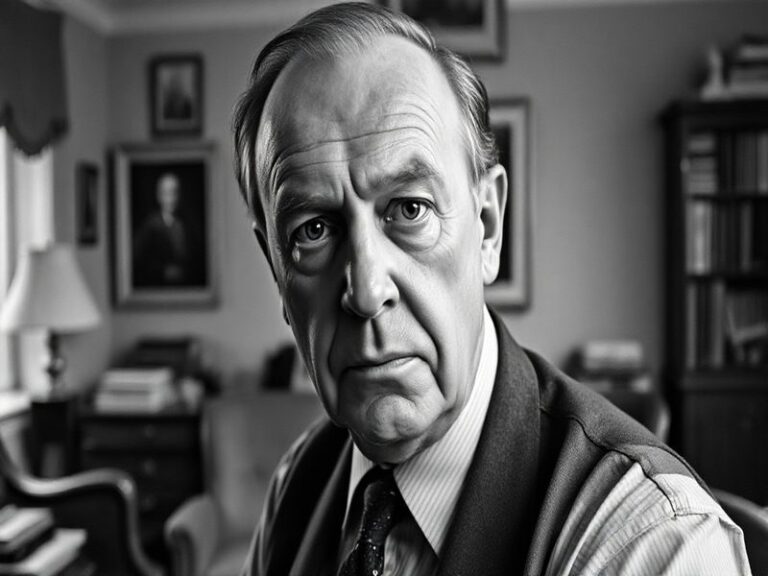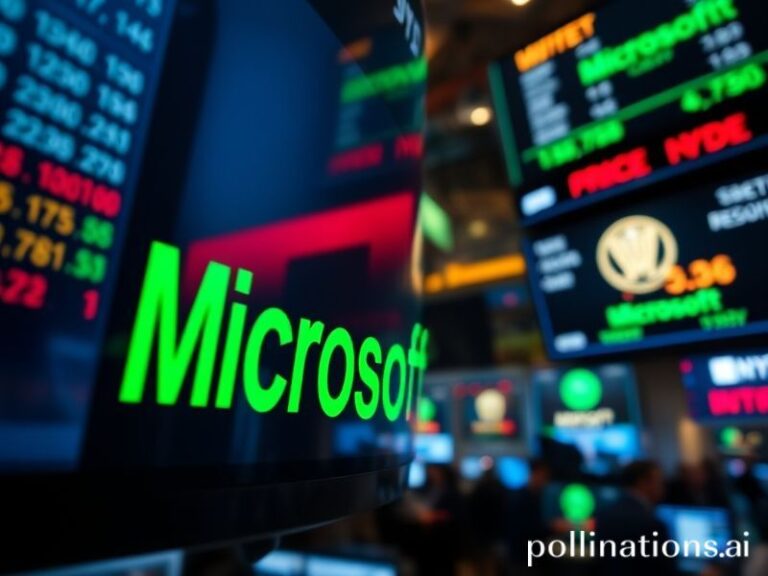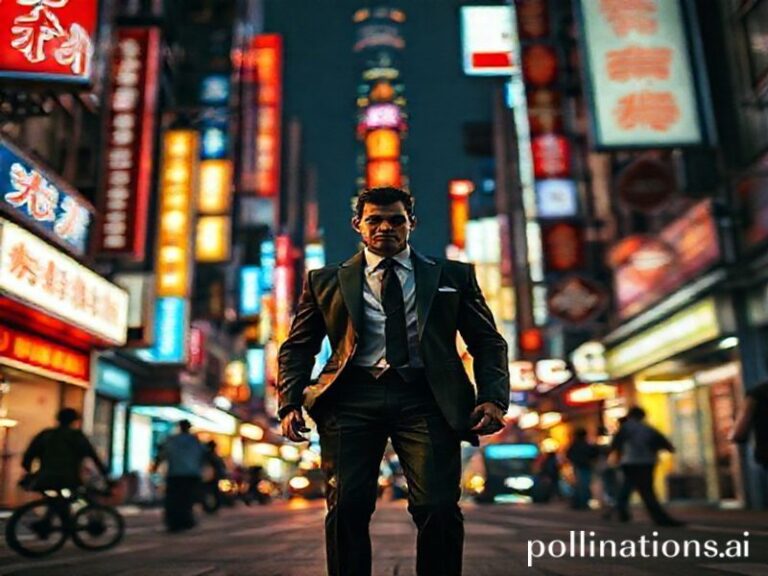anisimova
Anisimova: The Name the World Suddenly Can’t Spell but Won’t Stop Saying
By our correspondent in a hotel bar that still thinks fax machines are avant-garde
PARIS—Somewhere between the third espresso and the fourth police barricade, it became clear that “Anisimova” had transcended its bearer and become a global Rorschach test. To the French, it was a tongue-twister muttered by commentators who’d clearly lost a bet with phonetics. To the Russians, it was a nostalgic callback to a time when their athletes arrived with Slavic surnames and left with Grand Slam silverware. To the Americans, it was proof that a 22-year-old Floridian with a two-handed backhand could still make the Old World nervous without deploying aircraft carriers.
Amanda Anisimova’s return from a nine-month “mental health hiatus” (industry euphemism for “the world got too loud”) has been less a comeback than a geopolitical inkblot. When she upset Aryna Sabalenka—Belarus’s primary export after potassium and political grievances—at Roland Garros, markets in Minsk did not crater, but several oligarchs reportedly canceled lunch. The European Broadcasting Union logged a 37 % spike in viewers who claimed they’d tuned in “by accident,” which is the continent’s polite way of admitting rubbernecking.
The broader significance? Pick your poison. For the sports-industrial complex, Anisimova is a reminder that narrative arcs sell better than forehand winners; broadcasters replay her family’s Russian-Jewish emigration saga like it’s a Netflix limited series, complete with sepia-toned B-roll of Soviet breadlines. Meanwhile, the WTA quietly celebrates a rare American woman who isn’t a Williams—useful in negotiations with Gulf states that still think “Title IX” is an elite yachting event.
For the geopoliticians, the story is juicier. Amanda’s decision to play under the Stars and Stripes rather than the tricolor of her birth passport allows Washington to claim a soft-power victory without holding a single Senate hearing. Moscow, for its part, shrugs: they’ve already weaponized figure skaters; tennis is practically détente. Beijing watches from the mezzanine, calculating how many Anisimova-level influencers would equal one aircraft carrier in the South China Sea.
Then there’s the dark money of it all. Betting houses from Macau to Malta shortened odds on “Anisimova to win + therapy memoir within 18 months” to 3-1. Crypto bros minted $AMANDA coins on Solana; three rug pulls later, the token’s only remaining use is as a punchline on Discord. In a Zurich boardroom, a luxury-watch brand debates whether her wrist is “brand-safe” after she admitted—gasp—she sometimes skips practice to binge The Office. (They green-lit the deal once assured she prefers the original UK version: edgy, yet European.)
Human nature, ever the reliable punchline, has responded predictably. Instagram coaches in Bali now sell “Anisimova Mindfulness Retreats” at $4,000 a pop, promising to unlock “champion-level serenity” through coconut water and unsolicited trauma counseling. The same algorithmic swarm that drove her offline last year now lauds her “bravery,” like arsonists handing out fire-safety pamphlets.
And yet, beneath the circus, a quieter calculus plays out. A generation of teenage athletes from Lagos to Lima now has a fresh data point: stepping away is survivable, even bankable. That’s a rare moral victory in an era when burnout is monetized by every platform with a “like” button.
Conclusion? Anisimova is not just a tennis player; she’s a stress test for how the world metabolizes vulnerability when it’s wrapped in lululemon. Whether she wins another major is almost beside the point—though if she does, expect the Kremlin to insist she was raised on borscht, Silicon Valley to claim it was oat milk, and the rest of us to pretend we never doubted her. In the end, the global takeaway is as cynical as it is comforting: if you’re talented enough, even your breakdowns can be sponsored.







